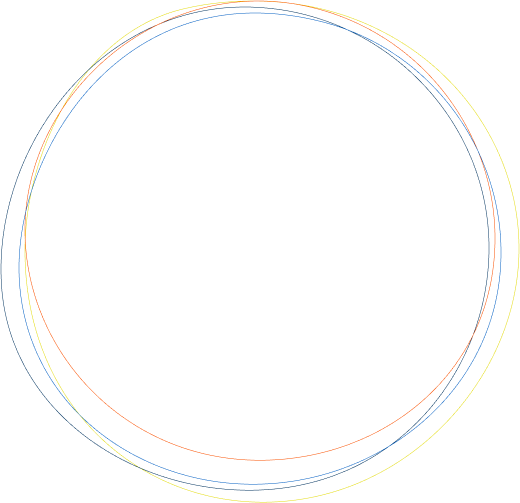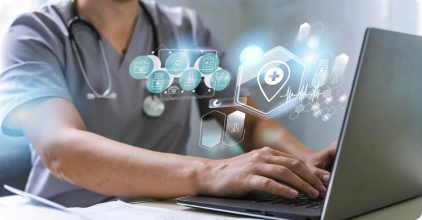Key Features of EHR Medical Software
Patient profile
EHR software solutions should provide well-structured patient profiles containing comprehensive and relevant data about patients including their demographics, contacts, allergies, medical history, treatment plan, test results, and many more.
Digital document management
Efficient and easy digital document management lies at the heart of any EHR system. It is of utter importance to make sure that diverse document formats are supported including such specific ones as DICOM.
Task management
Task management is a compulsory feature of advanced EHR software. The solution should enable users to assign diverse tasks, delegate them to others, send reminders, monitor work progress, and control task completion.
Data analytics
With the help of AI, ML, and Data Science it is possible to implement data analytics features in EHR software to identify symptomatic patterns, control chronic diseases, forecast health conditions, assess treatment effectiveness, and make informed decisions.
ePrescription
ePrescription is a feature without which it is impossible to imagine an advanced EMR system. With its help, doctors can quickly send prescriptions and authorize refills for their patients. The latter, in turn, can easily review the dosage and report on noticed side effects.
Data access control
To ensure solid data protection, it is crucial to implement multi-tier access. An EHR solution must have several access levels with regard to the user role. Thus, a doctor and a nurse, for instance, should be granted different permissions and rights.
Invoicing
Healthcare organizations handle insurance claims, invoices, denials, outstanding bills, and other finance-related issues. An EHR solution can partially or completely automate corresponding processes.
Report generation
An advanced EHR should also be able to generate different reports on the ground of chosen criteria in order to keep medical staff informed on the ongoing activities and processes, treatment efficiency, received test results, etc. Here, it is also worth remembering that EHR software also serves patients, and they will definitely also appreciate a brief report on their treatment progress.
Labs integration
Smooth integration of the EHR solution with in-house or external labs ensures fast data exchange that significantly contributes to faster and more accurate decision-making. Due to such integration, as soon as test results are ready, they are automatically submitted to the ERP solution, and a doctor and a patient receive a corresponding notification.
Scheduling
Scheduling is important for both patients and doctors. With its help, the former can book an appointment with a doctor, while the latter can easily check the number and time of appointments on a particular day and reschedule them by mutual arrangement if needed.








































